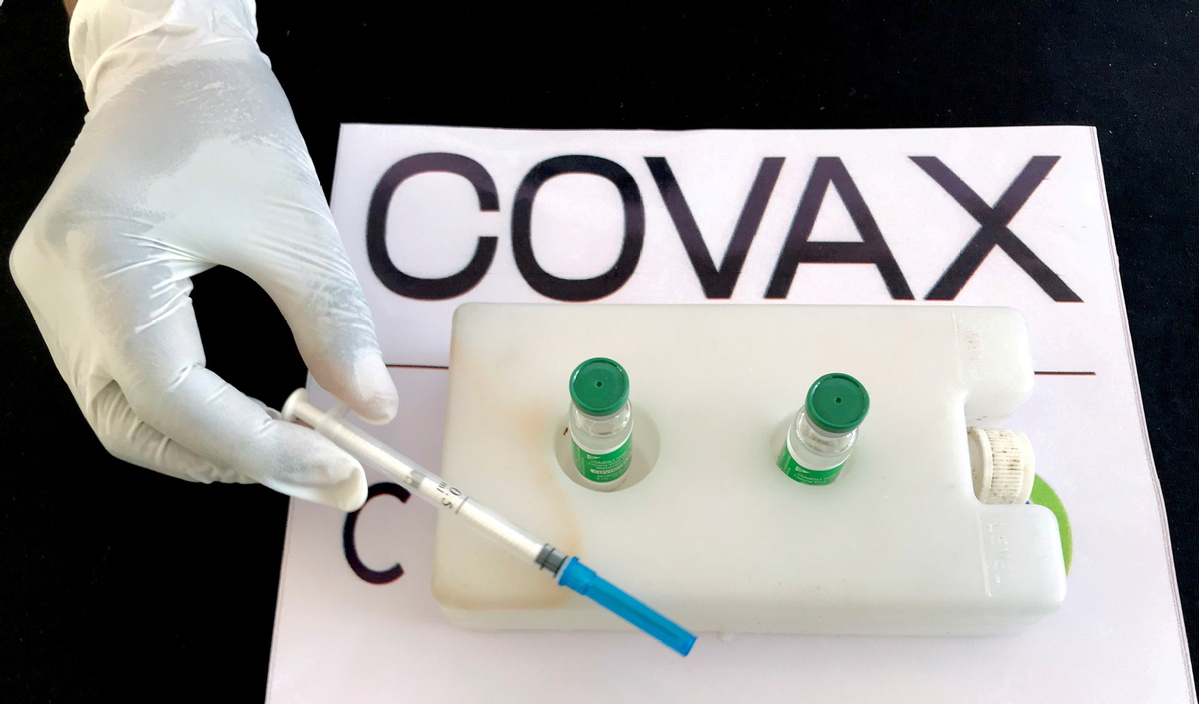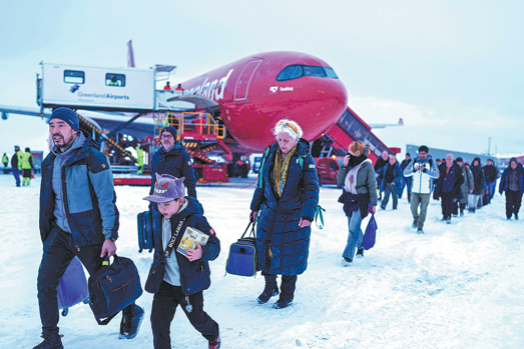Rich nations dip into COVAX supply while poor wait for shots
Updated: 2021-08-16 14:30

LONDON — An international system to share coronavirus vaccines was supposed to guarantee that low and middle-income countries could get doses without being last in line and at the mercy of unreliable donations.
It hasn't worked out that way. In late June alone, the initiative known as COVAX sent some 530,000 doses to Britain – more than double the amount sent that month to the entire continent of Africa.
Under COVAX, countries were supposed to give money so vaccines could be set aside, both as donations to poor countries and as an insurance policy for richer ones to buy doses if theirs fell through. Some rich countries, including those in the European Union, calculated that they had more than enough doses available through bilateral deals and ceded their allocated COVAX doses to poorer countries.
But others, including Britain, tapped into the meager supply of COVAX doses themselves, despite being among the countries that had reserved most of the world's available vaccines. In the meantime, billions of people in poor countries have yet to receive a single dose.
The result is that poorer countries have landed in exactly the predicament COVAX was supposed to avoid: dependent on the whims and politics of rich countries for donations, just as they have been so often in the past. And in many cases, rich countries don't want to donate in significant amounts before they finish vaccinating all their citizens who could possibly want a dose, a process that is still playing out.
"If we had tried to withhold vaccines from parts of the world, could we have made it any worse than it is today?" asked Dr. Bruce Aylward, a senior advisor at the World Health Organization, during a public session on vaccine equity.
The US never got any doses through COVAX, although Canada, Australia and New Zealand did. Canada got so much criticism for taking COVAX shipments that it said it would not request additional ones.
In the meantime, Venezuela has yet to receive any of its doses allocated by COVAX. Haiti has received less than half of what it was allocated, Syria about a 10th. In some cases, officials say, doses weren't sent because countries didn't have a plan to distribute them.
British officials confirmed the UK received about 539,000 vaccine doses in late June and that it has options to buy another 27 million shots through COVAX. "The government is a strong champion of COVAX," the UK said, describing the initiative as a mechanism for all countries to obtain vaccines, not just those in need of donations. It declined to explain why it chose to receive those doses despite private deals that have reserved eight injections for every UK resident.
Brook Baker, a Northeastern University law professor who specializes in access to medicines, said it was unconscionable that rich countries would dip into COVAX vaccine supplies when more than 90 developing countries had virtually no access.
"Rich countries are trying to garner geopolitical benefits from bilateral dose-sharing," Baker noted.
AP
























